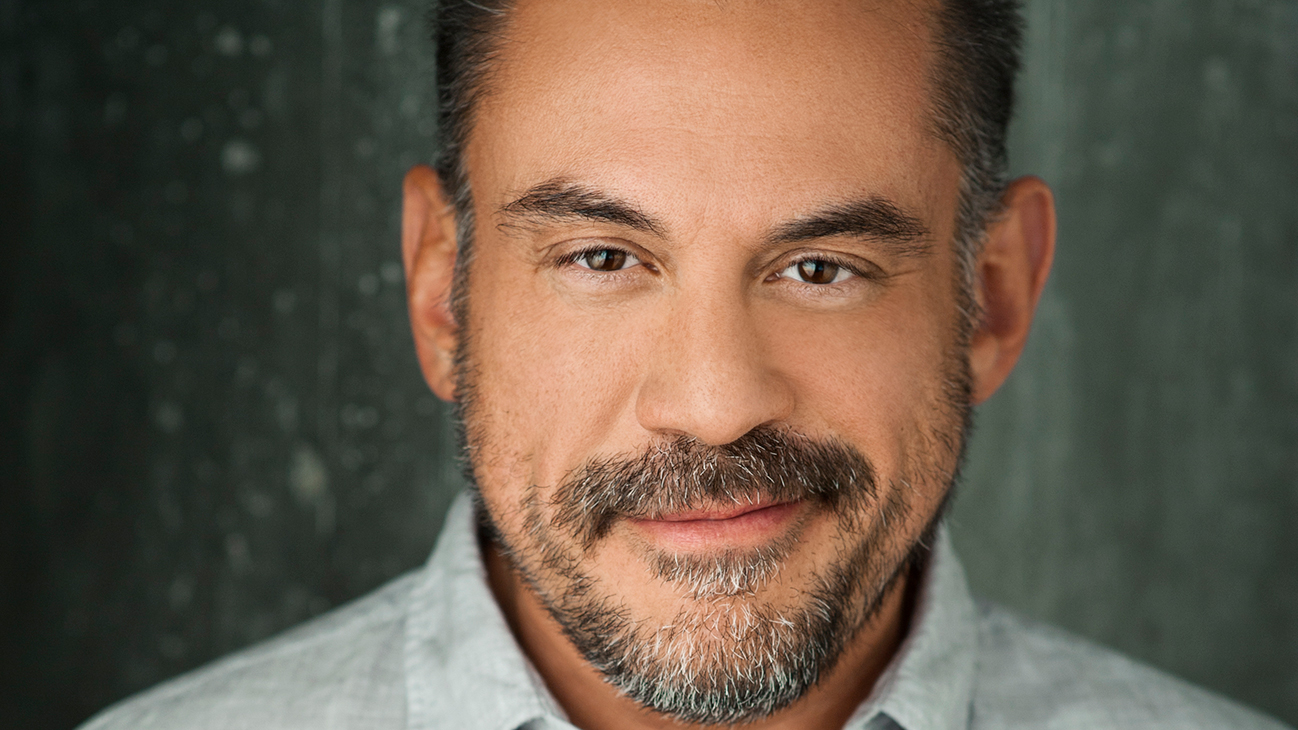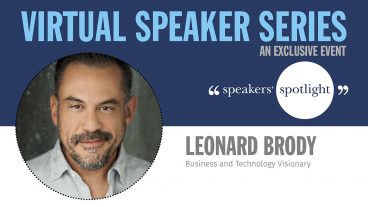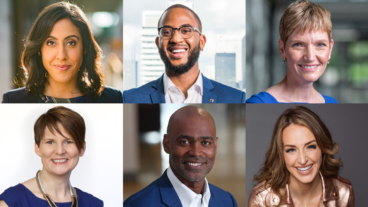Moments like these — living through a worldwide pandemic — highlight what is and isn’t working and exposes what should exist instead. These “resetting moments”, as business visionary Leonard Brody calls them, gives companies time to focus and re-build to meet the demands of our changing world.
Having lived through isolation and lockdowns off and on over the past two years, it’s no surprise that we’ve seen several behavioural shifts as people were forced to adapt. The question is, which shifts are permanent, and which are only temporary to our current situation? In other words, what changes should companies pay attention to?
Called “a leader of the new world order”, Leonard is an award-winning entrepreneur and venture capitalist who was recently named one of the top 30 management thinkers in the world. He shared insight into which pandemic-induced trends are likely to remain permanent post-pandemic — both consumer- and workplace-related — and which we can expect to be only temporary.
Behavioural Shifts at Work
1. Work from Home is permanent
At the beginning of the pandemic, there was a lot of hesitancy about remote work, or working from home — would the tech hold up? Would people actually work? Turns out, the answer is yes to both.
The pandemic showed us it was time to evolve the concept of the “office”, Leonard said. We have been working within a centuries old system, with the first “office” being developed by the East Indian Trading Company. They essentially built a factory for paper, Leonard said, an assembly line of office workers. This model hasn’t shifted for 350 years, he added. It’s time to make a change and evolve with modern times, especially as the pandemic proved that people can be even more productive working from home, and that today’s tech is more than capable of handling the job.
Most likely, Leonard said, we will see a blended model emerge post-pandemic with “home” being where you work, and offices functioning as a gathering place. A majority of employees will be seeking jobs with this blended model in place.
On the flip side, this trend will significantly cut down costs for businesses, Leonard said, as companies can easily reduce their office space by 25-30% making it far more affordable.
2. Leadership Success Measured by Vision vs. Numbers
Traditionally, a corporate leader’s success was measured by business metrics. Good or bad, Leonard said, those days are gone. Top performers will now be judged — whether by their employees, stakeholders, or consumers for their vision of the world and how their company is helping to achieve that vision.
And, the grander, the better. The days of under-promising and over-delivering are done, Leonard said. Look at one of today’s most successful businesses, he continued — Tesla. Elon Musk promised electric cars at a time when people laughed at the concept, but he stayed true to his grand vision, though many ups and downs, and completely disrupted the car industry. He dragged consumers and stakeholders along with his vision and is now applauded for it.
A grand, purposeful-vision is what employees, consumers, and partners want today, Leonard said, and a leader’s success will be measured by that.
Behavioural Shifts at Play
1. Online vs. Bricks and Mortar Shopping
Over the last couple of years online shopping has exponentially grown, with sales creeping up to 50% online and 50% in-store, Leonard said. This is not going to change post-pandemic.
Retailers will have to think differently on how they and their consumers want to use in-person spaces. Leonard predicts that physical stores will likely become more of a marketing tool and used to create an experience for consumers instead of focusing on sales. These consumers may then go home and buy the products online. Retail sales will be much more of an omni-channel environment, Leonard said.
2. In-Person Experiences more Highly valued
Leonard said that in-person experiences will be far more valued post-pandemic. We were already seeing this trend, he said, with millennials as they spent their disposable income on experiences instead of goods. The pandemic has only quickened this trend and expanded it to more generations.
In-person events such as conferences, concerts, sports games, etc. will be able to charge a higher premium now because people value them so much more after a year without them. They will be willing to spend more money to enhance that experience.
These events will also be able to capitalize on a blended model of in-person and remote attendees. For example, Leonard said, pre-pandemic only executives may have attended industry conferences. Now, those same executives will still pay — and even pay more — to attend in-person, but now their team can also attend at a cheaper rate as remote attendees.
Temporary Behavioural Shifts
Right now, we are living in a time of collective fear, Leonard says. The world is permanently changed but the fear of the pandemic and of the changes it brought will erode over time. It’s already happening as people are seeing the light at the end of the tunnel. There will still be lots of jolts and fatigue along the way, but the fear will continue to dissipate. We thought the restaurant industry would be gone, Leonard said, but people were back in those restaurants as soon as restrictions were lifted. We will not be guided by fear for too long.
An award-winning entrepreneur, venture capitalist, bestselling author, and a two-time Emmy-nominated media visionary, Leonard Brody addresses the rapid pace of change, innovation, and disruption facing us all, and what to do about it, in his highly customizable keynotes.
Interested in learning more about Leonard and what he can bring to your next event as a popular keynote speaker? Email us at speakers.ca.




